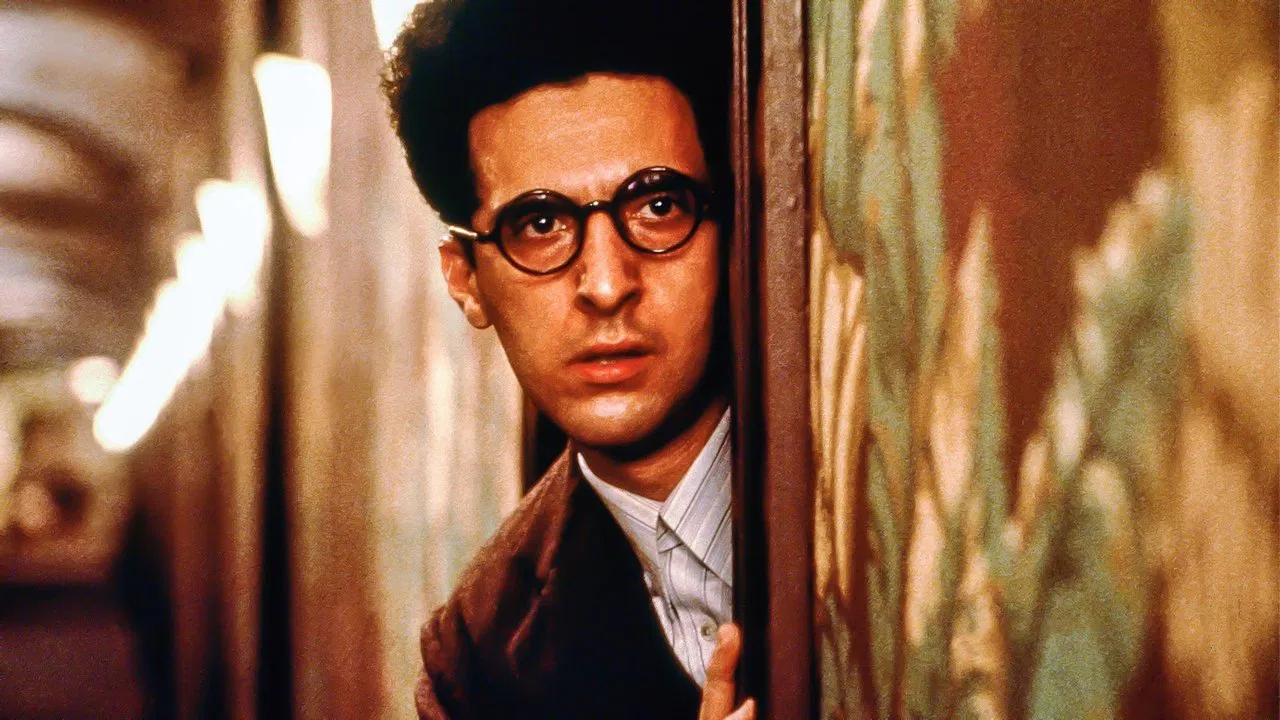Cinema of 1991

Cinema of 1991 combined Hollywood ambition with daring storytelling. The Coen brothers’ Barton Fink offered a darkly comic, surreal exploration of creativity and Hollywood itself, while Terminator 2: Judgment Day dazzled audiences with groundbreaking effects. The Silence of the Lambs swept the Oscars, blending psychological tension with unforgettable performances, making 1991 a year of both blockbuster spectacle and audacious cinematic ideas.
On the international stage, auteur cinema flourished. Krzysztof Kieślowski’s The Double Life of Véronique captivated Cannes with its poetic exploration of identity. In East Asia, Edward Yang’s A Brighter Summer Day depicted youth and social change in Taiwan with extraordinary detail, while Raise the Red Lantern offered an intimate glimpse into power and tradition in 1920s China. These works showcased global cinema at its most thoughtful and stylistically ambitious.
Elsewhere, 1991 offered striking moments of transition. Eastern European filmmakers, working in the wake of political upheaval, began to reinterpret history and identity through bold, personal cinema. At the same time, Iranian cinema gained international visibility, with emerging directors hinting at a new wave soon to reshape world film culture. Across continents, filmmakers were rethinking both storytelling and aesthetics, making 1991 a year of reinvention and global resonance.